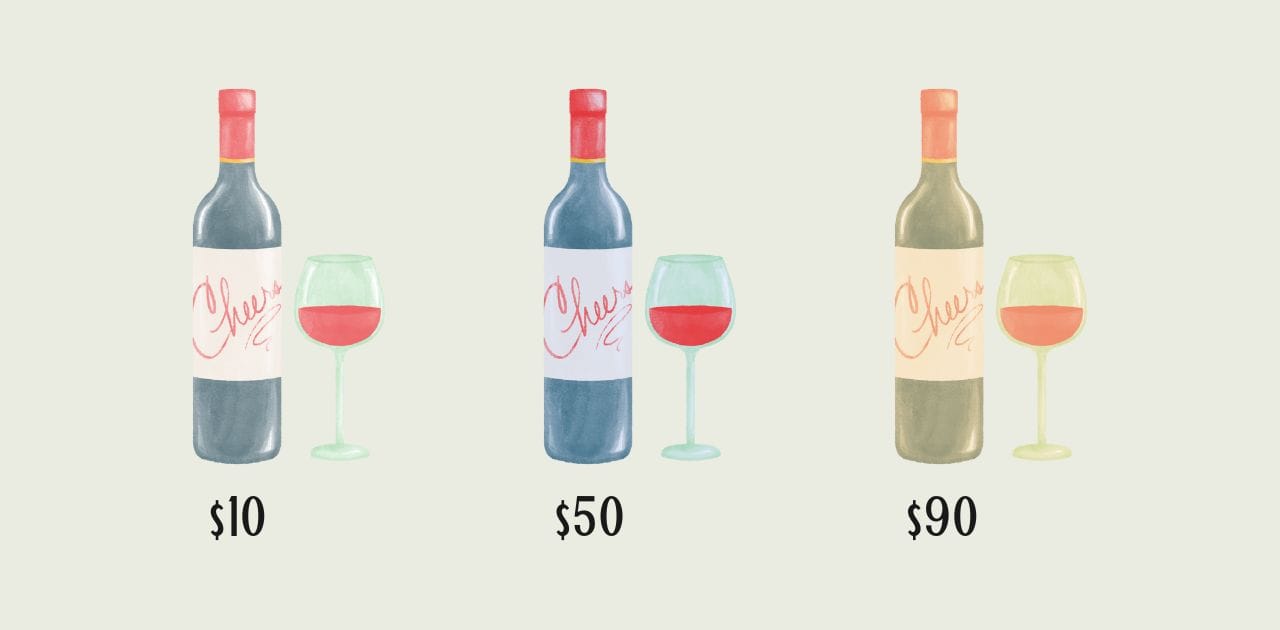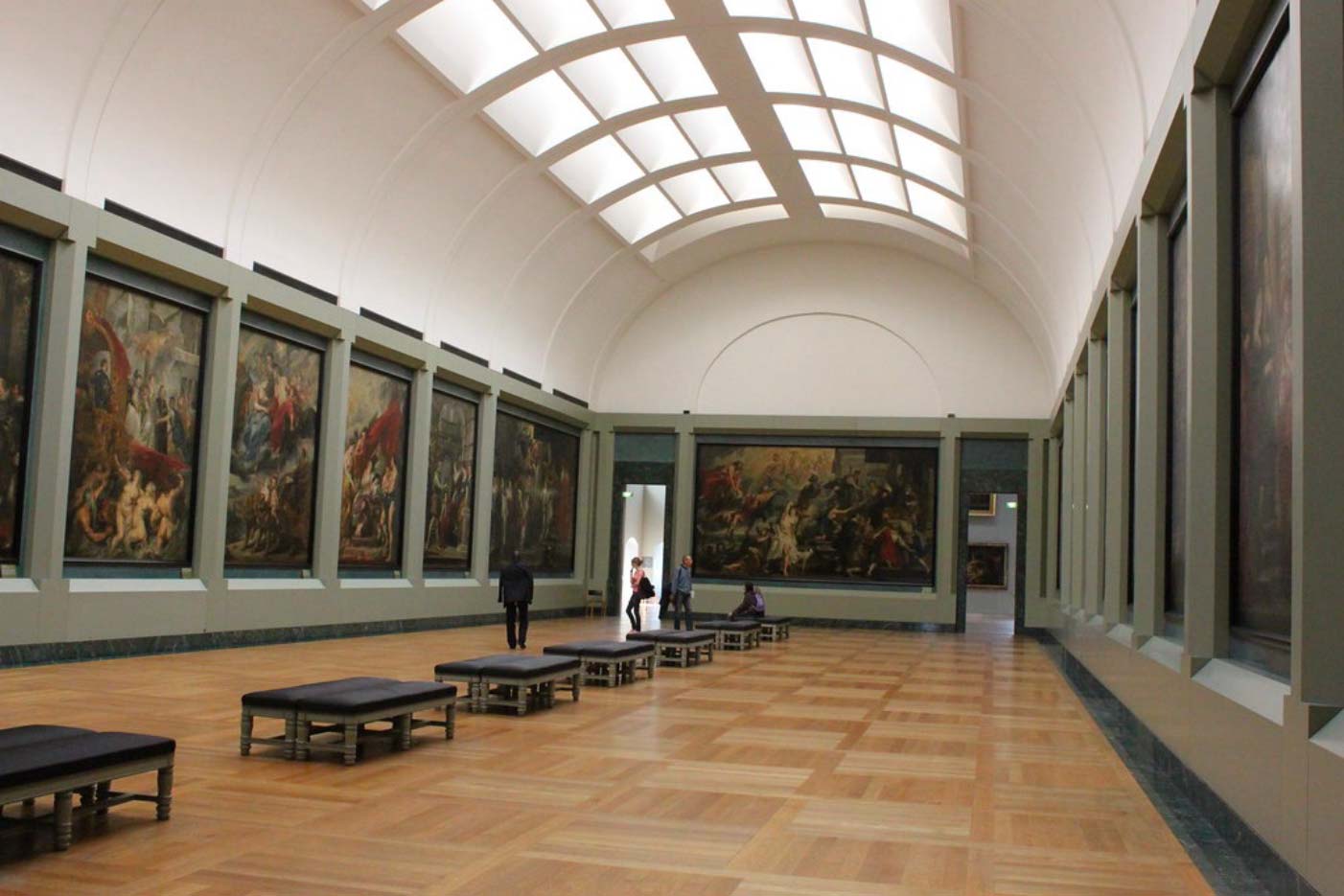What wines can teach us about marketing.
In a blind taste test, researchers asked tasters to rate three wines, labeled: "low", "mid" and "high-price".

In a blind taste test, researchers asked tasters to rate three wines, labeled: "low", "mid" and "high-price".
The tasters rated them in order of their price. The most expensive one as the best, the mid-priced one as second best, and the cheapest option as "cheap wine".
But unknown to the 140 tasters, the researchers gave them the exact same wine all three times.
The finding?
"The cheapest wine was rated better, when presented 4X its actual price."
What does this mean for businesses?
Stop being cheap.
The startup mantra is to build businesses that are faster and cheaper for customers. But unless you can be 10X cheaper than your competitor - don't compete on price.
Being cheap is not an appeal.
The truth is humans are extravagant. They want bargains but not cheapness.
Humans want to buy expensive things. They want to feel that they can afford to eat, wear and have the best. Why do you think people are OK to sip on that RM28 frappuccino?
Compete in the 'category of one'.
In 2018, I visited the Louvre, one of the most-visited museums in the world, in Paris.
Here's what a room housing paintings worth hundreds of thousands, looks like:

And here's what the room with Mona Lisa looks like:

Some said the Mona Lisa is worth over USD850 million. That's a lot of money. But so are the other paintings around the museum.
The Mona Lisa is competing in a category of one.
It's not just a painting. It's the Mona Lisa. Other paintings are merely competing for attention with each other in the same category.
Higher the price, higher the appeal.
The lesson is that raising your price can directly enhance the value you provide.
The goal is not to be slightly more expensive than your competitor. It is to be way higher. So people would begin to think – "Hmm, the price is totally different. There must be something going on here."
The Mona Lisa isn't just slightly more valued than the other art pieces. It's WAYYY more expensive than the others.
The better wine was the most expensive one.
People want to buy expensive things. They just need a good reason.
Of course, your product has to be good and provide a lot of value. But this is just to illustrate that a higher price often creates a higher perceived value in the minds of consumers.
Are you charging too little?
